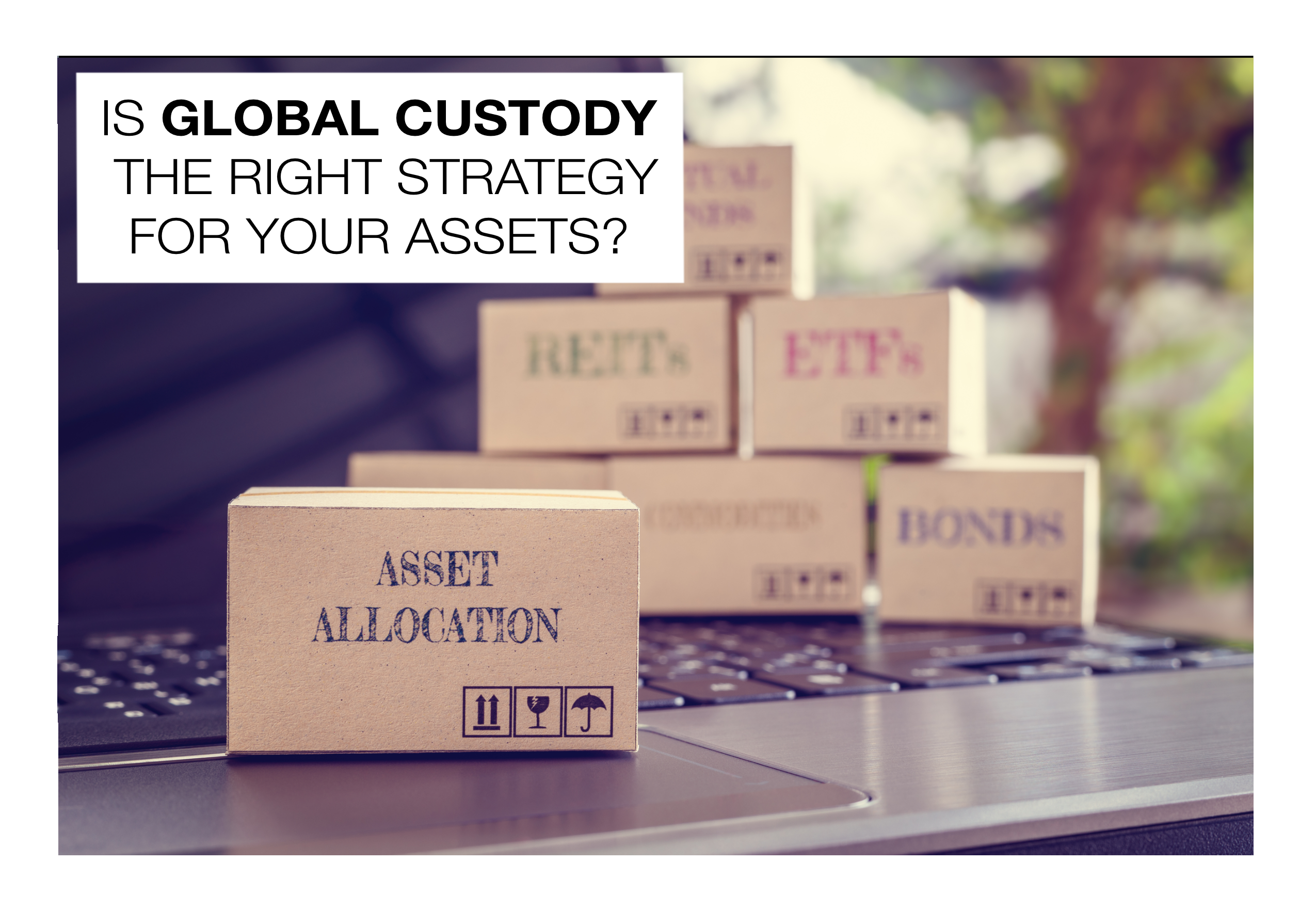Wealthy individuals, family offices and multi-family office clients are always searching for a centralised resource to view all their assets and investments. After all, it is both beneficial and convenient to have a consolidated report showing all your assets and enable you to see their performance in one place. With the right software, they should be able to see if their money managers are doing a good job and compare their performance against one another and the benchmark. This should give them comfort that they placed their trust in the right people or alert them that a change is needed.
However, it’s not always straight forward to put all the information together when investors hold a wide range of assets. One common solution is to use global custody, which is typically offered by a bank or trust company. In exchange for a small fee, they will hold all your liquid assets and provide you with regular reports.
Banks like to lead with a custody solution as a loss leader, because it enables them to strengthen their hold on a client relationship. This means that you or your family office must hold every deposit, loan or derivative transaction with them. As a result, you lose the flexibility of shopping around with other financial services providers to see if you can find better terms. In other words, you are locked into that relationship, for better or worse.
What about asset aggregation?
An alternative approach to consolidated record keeping and reporting is to engage a firm to provide asset aggregation services. With this approach, you authorise the firm to collate information on your assets from your banks, money managers and financial advisors so you can see everything in one single report and easily compare their performance at a glance.
Because the firm doesn’t hold any of your assets, you are free to bank with one or more financial institutions, apply for loans from any lender and transact with the firms offering the most competitive fees. Many family offices use aggregated reporting of one kind or another for their clients.
If you are considering engaging an asset aggregator or shifting away from a global custodian, you should take time to understand the data gathering, analysis and reporting process. For example, it is recommended that an asset aggregator uses electronic feeds into their software to minimize the risk of manual data entry. After all, it’s easy for someone from the family office or financial institution to make a mistake when typing in the numbers, usually known as “fat fingers”. Unfortunately, manual entry offers an opportunity for fraud, as it is harder to reconcile.
Get an independent perspective
To be sure you get an objective, third-party view of your portfolio, it is preferable that your asset aggregator is independent, that they aren’t a financial advisor or a money manager. This approach avoids a potential for conflict of interest and allows your managers to focus on what they do best –providing insights, research and analysis about potential market opportunities or challenges.
In this way, you can keep your managers looking forward, while the aggregator gives you information on their past performance. You get the benefit of both perspectives so you can make better decisions regarding your assets and managers. If you have questions about choosing between a custodian or aggregator, our firm can provide objective advice on your various options.
Samy Dwek is founder and CEO of White Knight Consulting LLC and The Family Office Doctor, Delray Beach firms that provide professional guidance and outsourced chief financial officer, chief operating officer services to high-net-worth individuals and families.

Leave A Comment